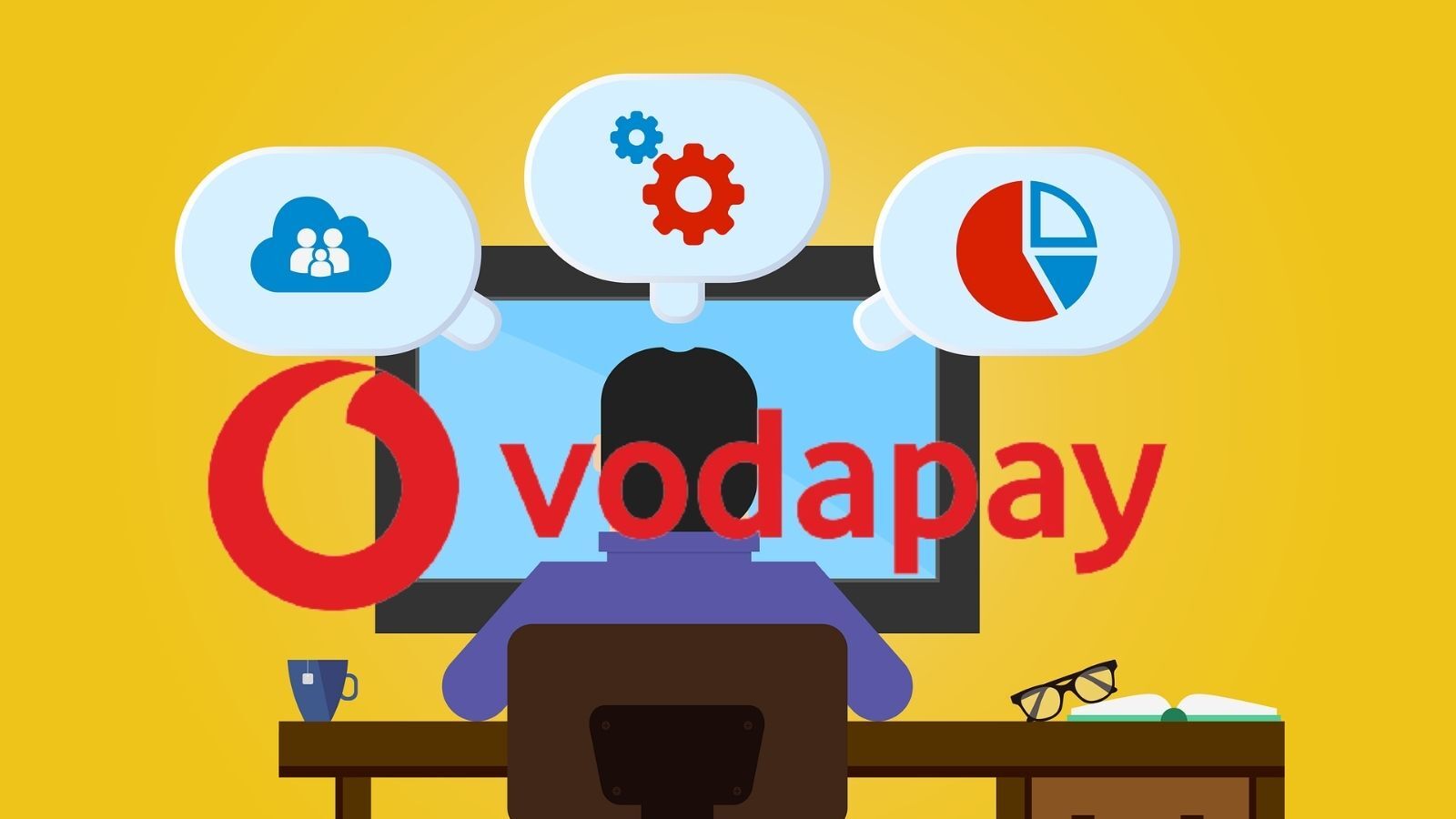Chances are that even if you’ve never heard the term ‘super app’ before today, you’ve at least had a close encounter with one. WeChat is perhaps the most visible of these. WhatsApp is on its way to being one, even if Meta doesn’t use the terminology. Even South African companies like Vodacom and Nedbank are looking to dip a toe into the super app ocean. But what exactly is a super app?
Definitions vary but the basic explanation is that a super app is one that provides multiple services and functions, including shopping and financial services. If that reminds you of Vodacom’s relatively new Vodapay, MTN’s Ayoba, or FNB’s entire schtick, it’s supposed to. But these are far from the only companies, at home or abroad, looking to evolve into the be-all and end-all of apps.
Super App to the rescue?

These apps are designed around the idea that users will find them more convenient. Think of it as an app that contains other apps. App-ception, if you will. A user opens one and is able to connect to and interact with multiple other companies and services. It’s supposed to be customisable, to a limited degree, while offering the maximum amount of value to users.
But that’s not their only function. Everybody from Facebook to Google to Netflix knows that there’s a limited number of hours in the day. For each minute you’re looking at a competitor app, you’re not looking at something others have built. And if you begin using the services offered by one, you’re less likely to jump ship. Everything you need to do is already there. Why look elsewhere?
Super apps are designed to hang onto your attention for as long as possible, simply by being useful. When you’re using one, you’re generating data. You’re buying and selling, applying for loans, and just registering interest in products. That data is explicitly shared with partners and third parties who absolutely are interested in what you’re up to.
Super apps, in other words, are designed to trap you in one place and keep you there. If your digital wallet and financial transactions are all locked to a certain app, it’s difficult to make a change. But, while this turns you into an immobile plant that is regularly harvested for data, that’s not why most of these apps are likely to fail.
Familiar ground

Social media has already demonstrated the reasons why most so-called super-apps will flop. Streaming currently illustrates another example. They’re not happening in quite the same order, but super-apps share similarities with both of these recent tech trends.
Facebook — now Meta — is, for all intents and purposes, social media. There are outliers — Clubhouse, Twitter, TikTok, BeReal — but Meta’s platform is capable of swallowing or swatting them all. That it doesn’t do so has nothing to do with inability. Regulators won’t permit it. Regulators will permit all sorts of other actions, like immediate and rapid cloning of anything perceived to be a threat. Because of its massive teams and vast resources, Meta is the prime candidate for building a super app that comes to dominate the landscape. It’s already happening, in specific countries. You could argue that Mark Zuckerberg’s entire metaverse push is related to becoming the world’s one-stop destination for anything and everything digital.
Netflix, the streaming juggernaut facing a decline for the first time in ages, explains another aspect of the evolution of super apps. Netflix, as a platform, had everything its own way as long as it was the only player in the game. Viewers and content were centralised. The service held all the contracts. Using the platform was amazing. Everything was there, in one place. But when everyone else decided to take their toys and go build their own streaming platforms, Netflix began to falter. Suddenly, all of Disney’s content is on Disney+. Paramount’s streaming service hoards its own stuff, Discovery (not that one) has everything Warner Bros. ever made. Okay, maybe not CNN — they can’t give that stuff away, apparently.
There can be only one. Maybe two or three

Super apps hope to draw in users by being as useful as possible to the greatest number of people. Currently, the market is fragmented. It has this in common with the streaming market. The difference is that WeChat, Alipay, Grabber, VodaPay, WhatsApp, Avo, Halan, M-Pesa, and others have started out this way. Like streaming platforms, their experience and utility are limited as long as they remain separate entities. Partnerships and absorption are inevitable. Vodacom’s service was built on the back of Alipay’s technology. It’s almost certainly interoperable. Folding one into the other will be a breeze. Others team-ups are likely to follow.
Super apps may remain regional for a time, but they will eventually coalesce into a handful of massive apps with gigantic global footprints. These dominant forces will have to balance the convenience of really being able to do anything in a single app with considerable risks. Those risks will come from governments and companies eager to exploit the information these apps possess for population suppression and other nefarious ends. A data hoard that large will also prove a tempting target for any hostile actors hoping to exploit financial and personal data. Finally, there’s the mundane problem of the world grinding to a halt when a simple settings update wipes out access to global services. That’s not conjecture. It’s already happened. The difference is that the stakes weren’t quite that high in 2021. Super apps… might not be that super after all.




